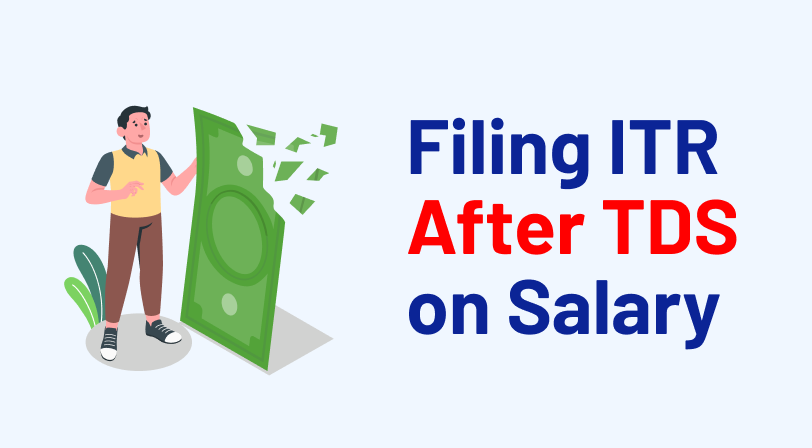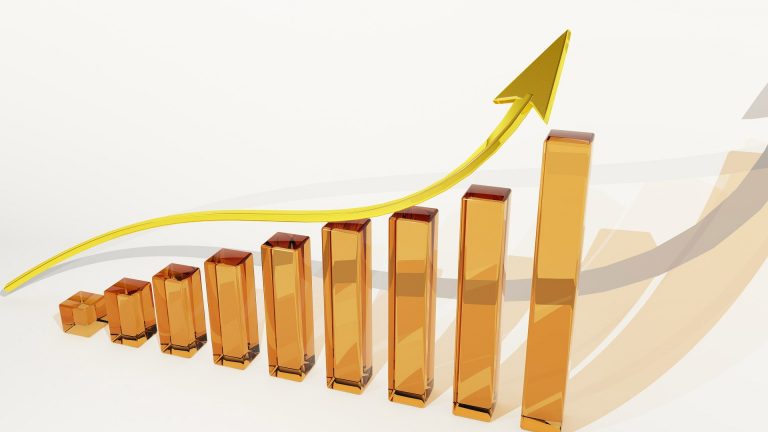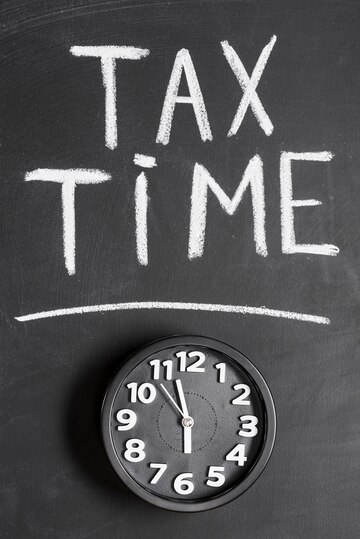I receive my salary income after the deduction of TDS. Am I required to file an income tax return?
Yes, if TDS applies to your salary, you might still need to file an Income Tax Return (ITR).
✅ When You Must File an ITR Despite TDS
-
Total income exceeds the basic exemption limit. You must file an ITR if your total income for FY 2024–25 is above the basic exemption limit.
-
For individuals under 60, the limit is ₹2.5 lakh (old regime) and ₹3 lakh (new regime).
-
For senior citizens (60 to 79 years), the limit is ₹3 lakhs.
-
For super senior citizens (80 years and older), it is ₹5 lakh.
-
-
TDS/TCS deducted or collected exceeds ₹25,000. If your total TDS or Tax Collected at Source (TCS) is ₹25,000 or more, you must file an ITR. For senior citizens, this threshold is ₹50,000.
-
If your salary has had too much TDS deducted and you want a refund, file an ITR. The Income Tax Department processes refunds only after you file.
-
If you earn money from other sources, like interest from savings or rental income, and TDS deducts it, you need to file an ITR. This helps you report your income and claim any extra tax deducted.
❌ When filing an ITR, it may not be necessary.
If your total income is below the basic exemption limit and there’s no TDS or TCS, you might not need to file an ITR. Yet, filing is wise to keep a record of your income and taxes paid.
EzyMoneyDeals Help
EzyMoneyDeals can assist you in filing your ITR. They ensure accurate reporting of all income and TDS details. Their platform calculates your tax liability. It also files your return based on Income Tax Department rules.
Note: Remember to file your ITR by the due date to avoid penalties. For FY 2024–25, the deadline is July 31, 2025, for individuals not requiring an audit.
If you need more help or have questions, visit www.ezymoneydeals.com.








